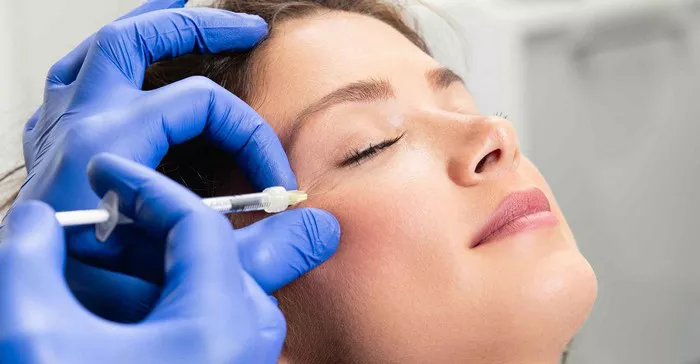A popular double eyelid surgery among South Korean teenagers has sparked widespread concern. Every graduation season in South Korea, many high school students choose to change their appearance by getting double eyelids. According to the International Society of Aesthetic Plastic Surgery, South Korea is one of the countries with the highest penetration rate of plastic surgery in the world, and double eyelid surgery accounts for a considerable proportion of them, even among teenagers.
This is especially true at Gumi Girls High School in Gyeongsangbuk-do, South Korea. Kim Ye-jin, a 16-year-old student at the school, plans to have double eyelid surgery when she graduates from high school next year. “In our school, most students want to have plastic surgery, and many plan to do it during the winter vacation,” she said.
Many of Kim’s friends have already had the surgery, and she thinks the results are beautiful, and there is no negative view of plastic surgery in South Korea, where changing one’s appearance is generally considered common.
Mallory Thornberry, from Florida, who went to South Korea in 2024 to teach English, recalls having students come back from vacation excited to tell her they had had double eyelid surgery, and expecting compliments that she had “become beautiful.” This came as a surprise to Samberly, who was used to telling students “there’s no need to change.”
The main reason double eyelid surgery is so popular in South Korea is that it is seen as a common cosmetic procedure rather than surgery. The surgical wound is small, the postoperative recovery is fast, and people do not need to delay their study or work. The procedure dates back to the 19th century, when Japanese doctors first documented double eyelid surgery in 1896, with the aim of making the Japanese face “more attractive” during a cultural transition.
In addition, Korean pop culture is also largely driving this phenomenon. The beautiful images created by K-pop singers and K-drama actors are loved by the public and become objects for young people to imitate. Many patients come to clinics with photos of K-pop stars and ask to be remade to look like them. In South Korea, where appearance plays an important role in job hunting, making friends and so on, fierce competition has made people more conscious of their self-image.
However, the phenomenon has also sparked some controversy. On the one hand, supporters believe that it is an individual’s right to pursue beauty, which can enhance self-confidence; Opponents, on the other hand, worry that it will cause teenagers to pay too much attention to their appearance and form unhealthy aesthetic concepts
You Might Be Interested In:

